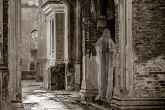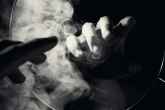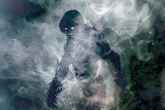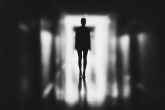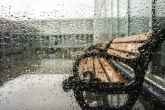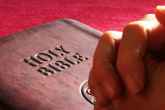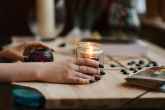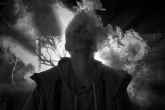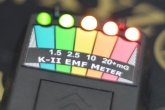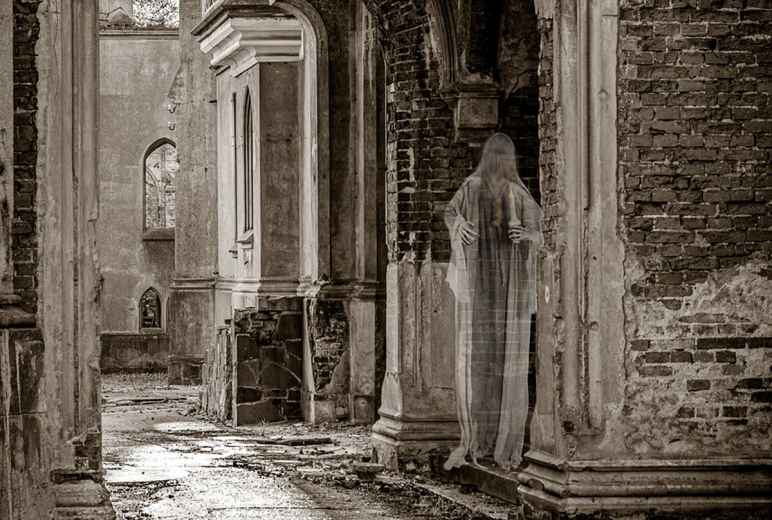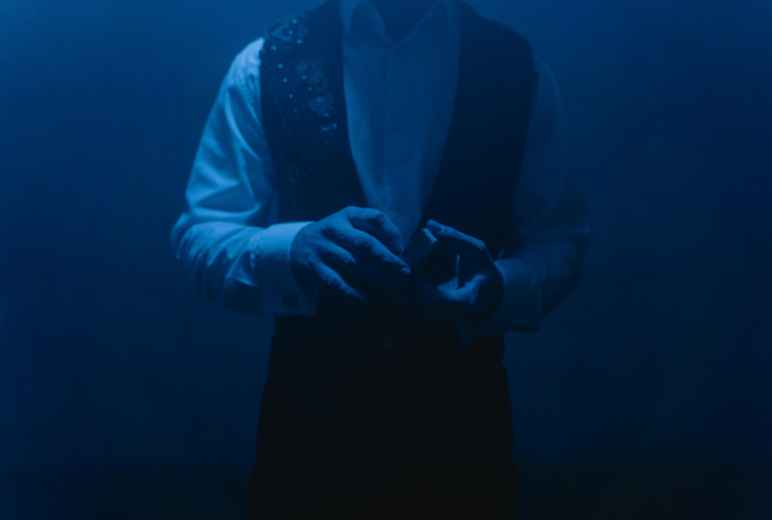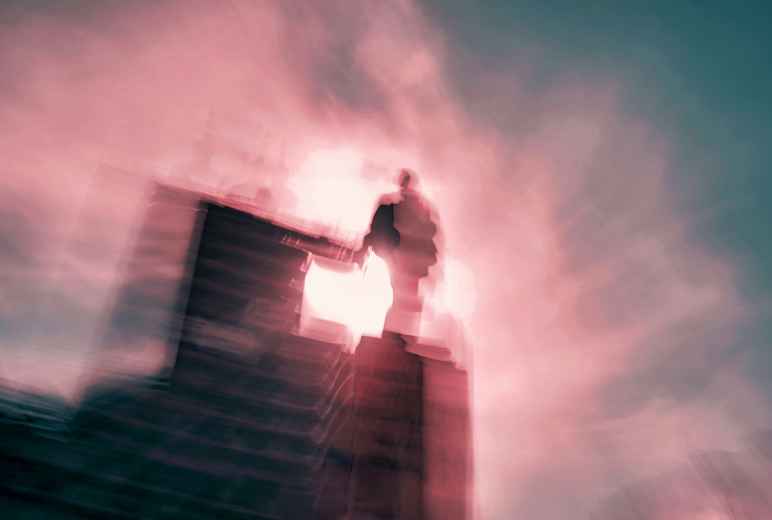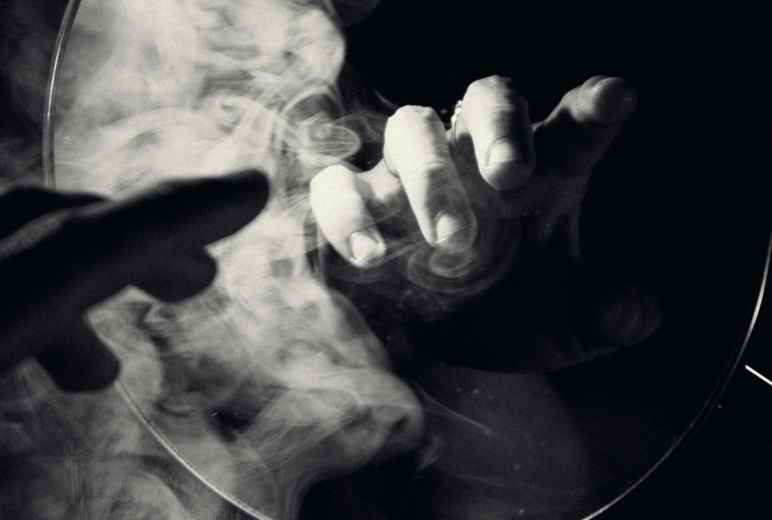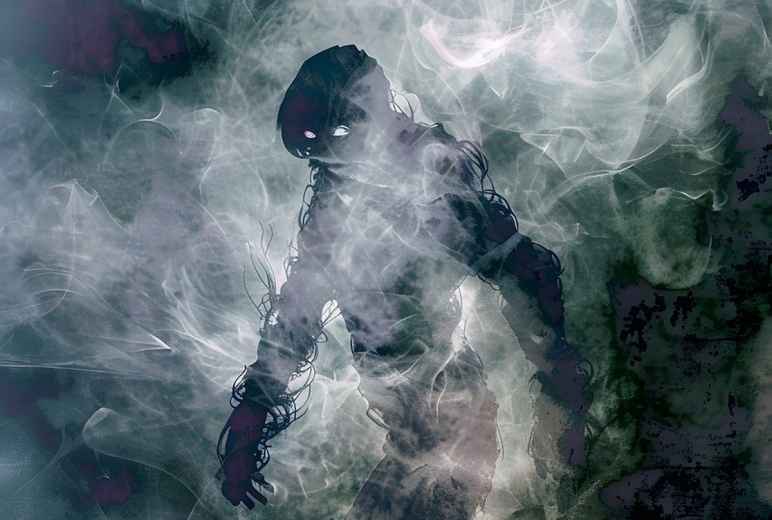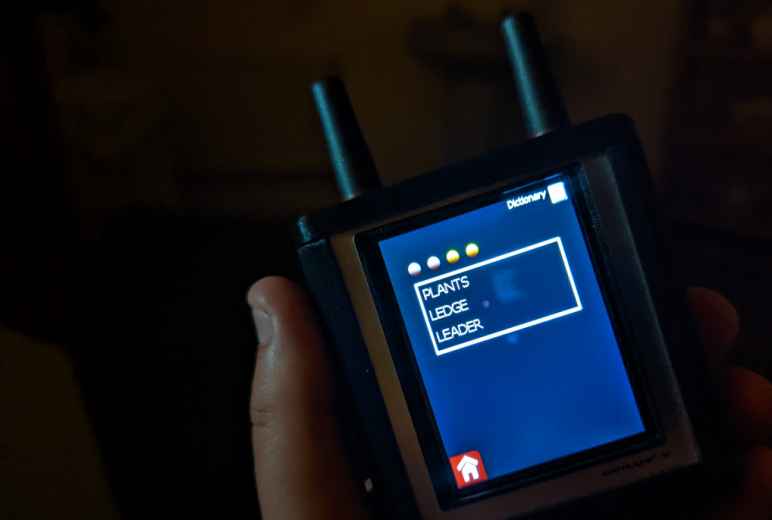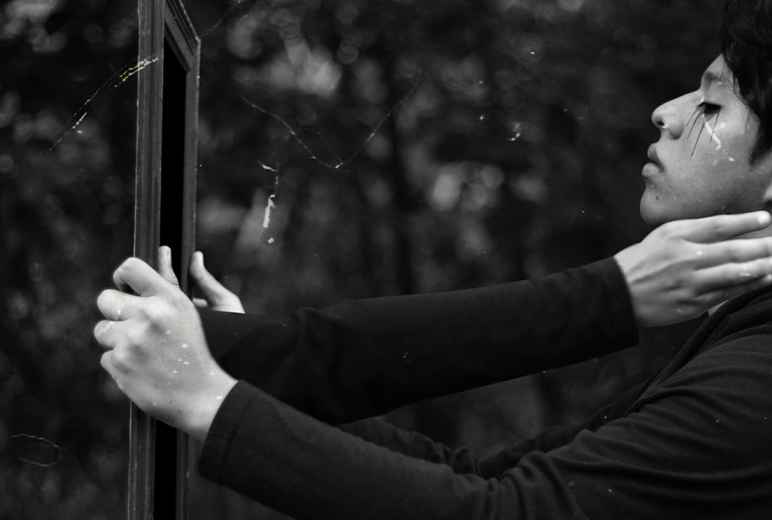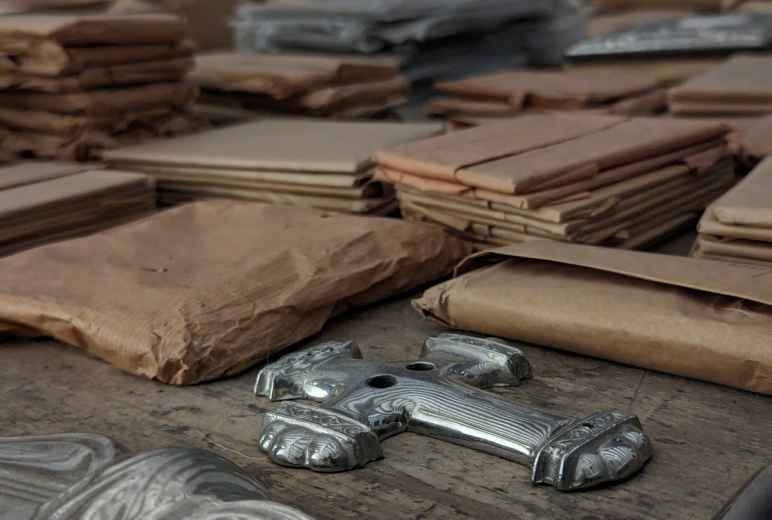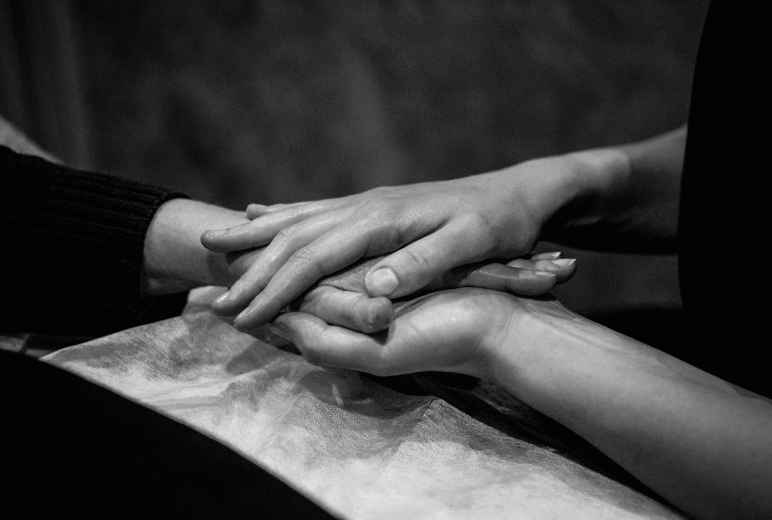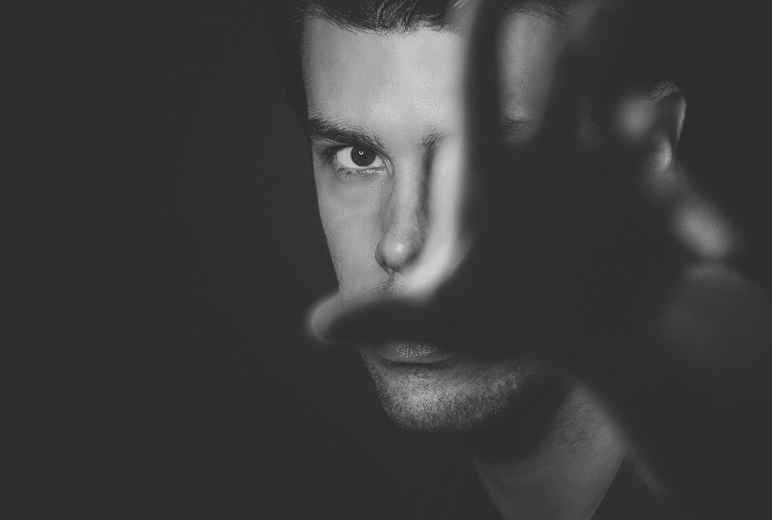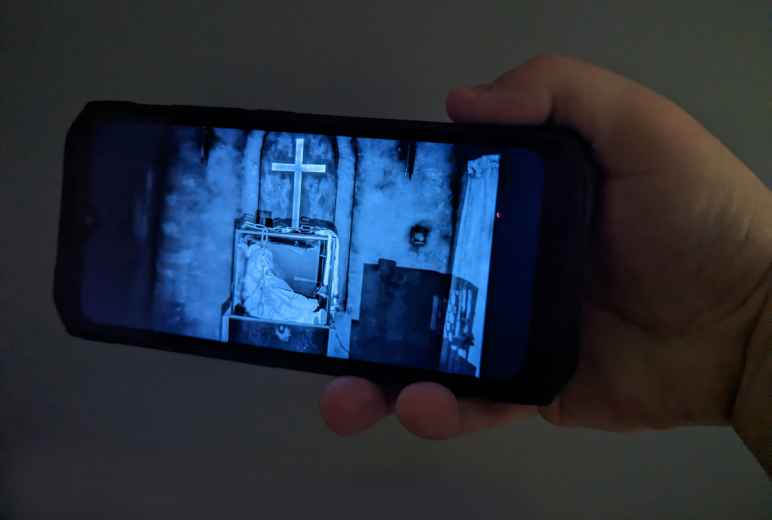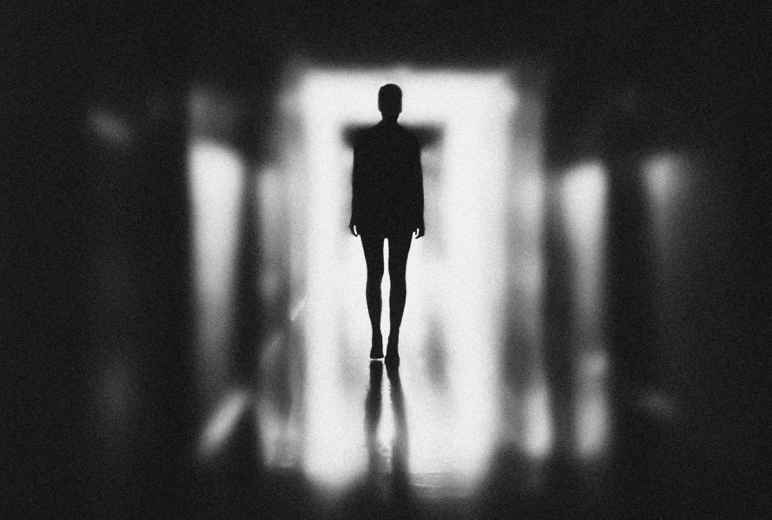Where The Burden Of Proof Lies In Paranormal Investigation
January 14, 2024 1:00 AM ‐ Paranormal • Ghosts
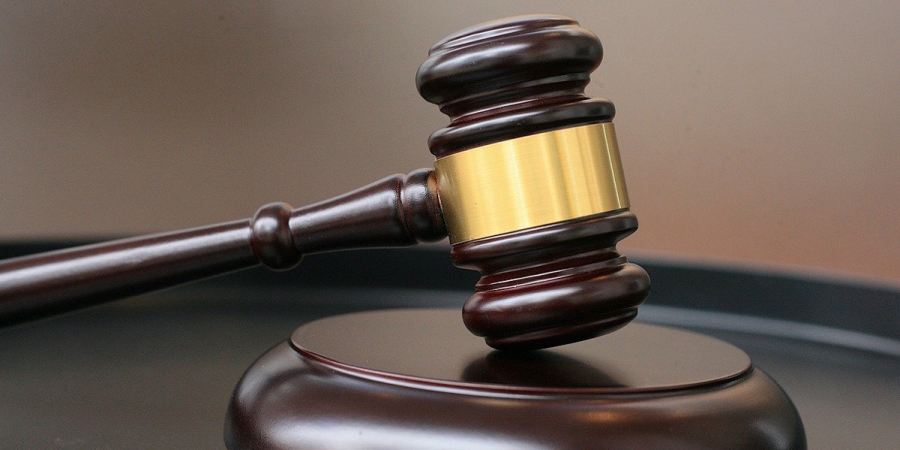
Photo: pixabay.com
In the world of paranormal investigation, the concept of 'burden of proof' is a crucial yet often misunderstood principle. This legal term refers to the responsibility of someone to prove the truth of their claims. In simpler terms, if you make a claim, especially an extraordinary one, it's up to you to provide the evidence to support it. In the realm of ghosts, hauntings, and supernatural phenomena, the application of this principle becomes uniquely challenging.
Paranormal investigators frequently encounter situations where they believe they've experienced something truly unexplainable. These experiences, however, often contradict what we currently understand about the world through science. This leads to a pivotal question: Where does the burden of proof lie in such cases? Is it up to those who have these experiences to prove them, or should skeptics be the ones to disprove them scientifically?
Paranormal investigators, who often claim to have first-hand experiences of the unexplained, face a unique challenge. Their personal encounters with phenomena that defy conventional scientific explanation place them in a position where they need to prove the legitimacy of their experiences, a challenge that demands evidence that goes beyond the anecdotal or subjective.
On the other hand, skeptics demand empirical evidence and logical explanations. This skepticism is rooted in the scientific method, where claims must be substantiated by reproducible evidence and withstand critical scrutiny.
The debate over the burden of proof in paranormal investigations indeed shares similarities with other areas, such as in the field of historical research, where historians often face challenges similar to those encountered by paranormal investigators. They sometimes deal with events that are poorly documented, shrouded in myth, or lack substantial physical evidence. For instance, when investigating the existence of a potentially mythical figure like King Arthur, historians must sift through a mix of legend, folklore, and scarce historical records. The burden of proof in such cases lies with the historian, who must provide evidence supporting the historical validity of such a figure.
Like in paranormal investigations, where evidence is often subjective and difficult to verify, historical research into legendary events relies heavily on piecing together limited or indirect evidence. In both paranormal investigations and historical research into legendary events, the primary challenge is to construct a convincing argument in the absence of direct or conclusive evidence.
This comparison with historical research suggests that the burden of proof predominantly lies with the paranormal investigator to substantiate their claims with evidence. Unlike skeptics, paranormal investigators are in a position where they have something specific to prove or demonstrate. They claim to have encountered phenomena that challenge the conventional understanding of reality, and therefore, they carry the responsibility to provide evidence that can validate these claims. In contrast, skeptics, by default, do not have a claim to prove.
Skepticism in the context of paranormal investigation does not necessarily mean attempting to debunk every claim but rather applying critical thinking to assess the presented evidence. The investigators bring forward claims and evidence, pushing the boundaries of our understanding of the unexplained. Skeptics, on the other hand, ensure that these claims are rigorously examined and held to high standards of proof.
Of course, there's more to paranormal claims than verifying or debunking them, and the experiences and testimonies of individuals should not be dismissed outright. Personal encounters with the unexplained are a valid aspect of human experience and an area of study for psychologists in their own right.
The question of where the burden of proof in paranormal investigations lies is as debated as the question, "Do ghosts exist?" Skeptics and debunkers usually feel that the onus is on the claimants of paranormal phenomena to provide evidence. However, many believers argue that experiencing the paranormal is often personal and subjective and, therefore, not always something that can be proven through scientific means.
From their perspective, the burden should also lie on skeptics to disprove the paranormal. This brings us to the philosophical dilemma famously illustrated by Bertrand Russell's teapot analogy. Russell proposed the idea of a teapot orbiting the sun somewhere between Earth and Mars, too small to be seen by telescopes. He argued that the burden of proof for such an outlandish claim lies not on others to disprove it but on those who propose its existence. Just as proving the non-existence of Russell's teapot is impractical, skeptics face a similar challenge in disproving the existence of paranormal entities or phenomena.
The difficulty of disproving something's existence is a fundamental issue in the paranormal field. It's often much harder to prove a negative – that something does not exist – than to provide evidence for a positive claim. This is why, in the scientific community, the emphasis is typically on the claimant to provide positive evidence of their assertion.
The debate over the burden of proof in paranormal investigations reflects a broader discussion about the nature of evidence and belief. It also highlights the importance of maintaining a balance between open-mindedness and skepticism.
Related Content
Daily Horoscopes
You May Also Like
